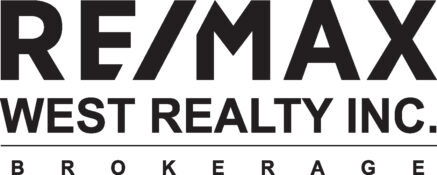The short answer is, it depends. There isn’t a one-size-fits-all answer. If this is something you are considering, I would recommend that you reflect on a few things – namely your finances, your lifestyle preferences and, of course, the market.
Crunch your numbers and assess how much financial responsibility you are willing to take on. Begin by going mortgage shopping to confirm how much you can get pre-approved for. Then, review your other expenses and priorities and set a budget you are comfortable with. Ask your real estate agent to check whether you will be able to find a home that meets your needs within that budget. This may help inform whether you would still like to offset your costs with a rental unit. If you are not sure, consider seeking advice from your agent or financial expert.
Be honest with yourself about your lifestyle preferences. Are you comfortable with another individual or family living in your basement unit? Is your home generally quiet or do you host a lot of guests, which could make things noisy for a tenant? Are you fine with sharing your driveway with the tenant? Give these questions some serious thought and discuss with your family members before arriving at a decision.
Remember that the market fluctuates over time. Currently mortgage rates are rising across Ontario and more buyers are finding it difficult to qualify for one. Inflation rates are also steadily climbing. Because of these economic conditions, some buyers will find purchasing a home with a rental unit appealing at this time.
This is understandable, given that it can help reduce costs, make things more affordable, and even increase investment returns in the long term.
If you choose to buy a property with a rental unit, be sure to become familiar with all relevant local bylaws and building codes. This includes making sure that the unit meets all legal requirements.
It would also be a good idea to learn about what your rights and responsibilities would be as a landlord. A great place to start learning about this is the Landlord and Tenant Board website. I highly recommend that you discuss this with a real estate agent and lawyer as well.
I would strongly encourage you to ask your lawyer to check if the home is zoned to permit a multi-unit dwelling and meets all the necessary building, fire, and electrical safety requirements.
Have your agent ask the seller’s agent for all relevant paperwork, including copies of municipal permits and inspections for the unit.
This is crucial because if you have a unit that is not compliant, you could be held liable if safety codes aren’t met and there is a fire, flood or structural collapse that results in damage to a tenant’s property or causes injury.
If you have a question for Jasmine about the home buying or selling process, please email info@jasminesaberi.ca
This column is for general information purposes only and is not meant as legal or professional advice on real estate transactions.
Credits: Joseph Richer is the Registrar of the Real Estate Council of Ontario (RECO).

